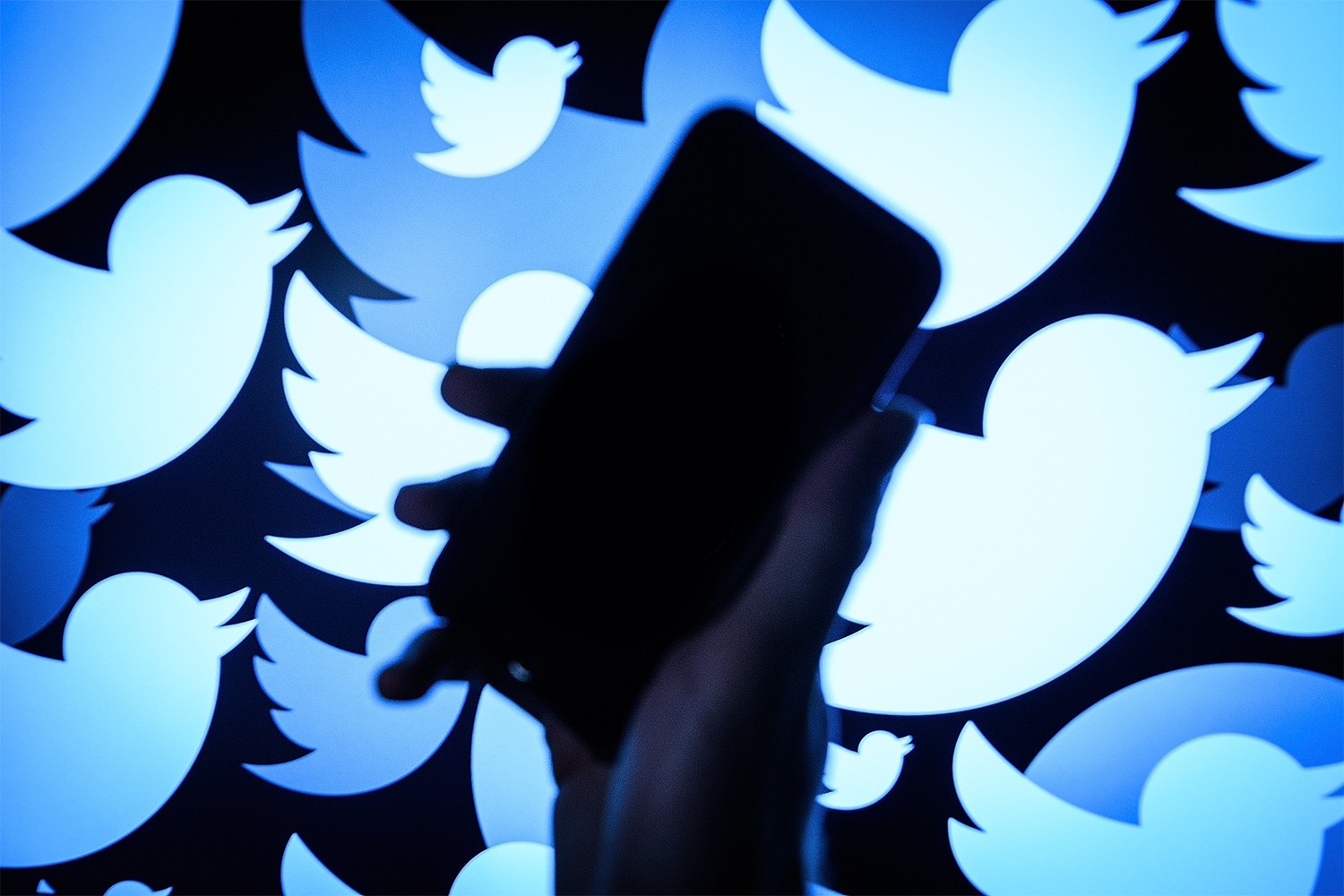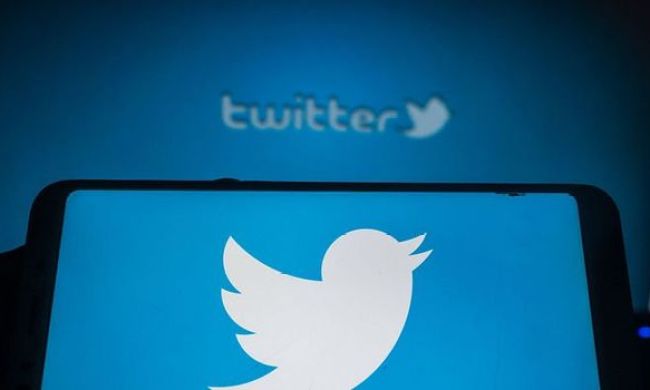Twitter announced a new policy about manipulated media — namely deepfakes — on Tuesday. The updates will make it easier for people to spot and report deepfakes, and remove them from the platform if they are seen as harmful.
Twitter’s new policy states that you may not “deceptively share synthetic or manipulated media that are likely to cause harm.” Tweets containing any manipulated media might be labeled based on its context.

Since deepfakes range from harmless parodies to making celebrities or public figures say something they didn’t, Twitter laid out criteria for what would and wouldn’t be allowed on the platform. At the very minimum, manipulated media would be labeled. Content could also be hidden or even removed based on if the media is deemed as “harmful.”
Things like accompanying text, threats to an individual or a group, or material that aims to silence or suppress an individual or group will be taken into consideration when it comes to choosing what action Twitter will take.
You’ll start to see these updates beginning on March 5. The updates are a result of a survey the social network took in November, which allowed Twitter users to answer questions using the hashtag #TwitterPolicyFeedback.
“When you come to Twitter to see what’s happening in the world, we want you to have context about the content you’re seeing and engaging with. Deliberate attempts to mislead or confuse people through manipulated media undermine the integrity of the conversation,” Del Harvey, Twitter’s Vice President of Trust and Safety, wrote in November.
More than 70% of respondents of the survey wanted Twitter to take action when it comes to deepfakes, according to the results of the survey posted in Tuesday’s blog post.
Twitter is the latest social network to address deepfakes, especially as we approach the 2020 election. Last month, Facebook announced its own deepfake policy that it would essentially ban them, except for those that are parody or satire.
Reddit banned impersonation content, which includes deepfakes, last month as well. The ban encompasses everything from deepfakes to individuals making false claims about their identities.
While deepfakes can be entertaining, they have the potential to pose a threat to society if used maliciously. There have already been issues with deepfakes purporting to show famous people saying something they never actually said, including one of Facebook CEO Mark Zuckerberg proclaiming his power over “millions of people’s stolen data.”



